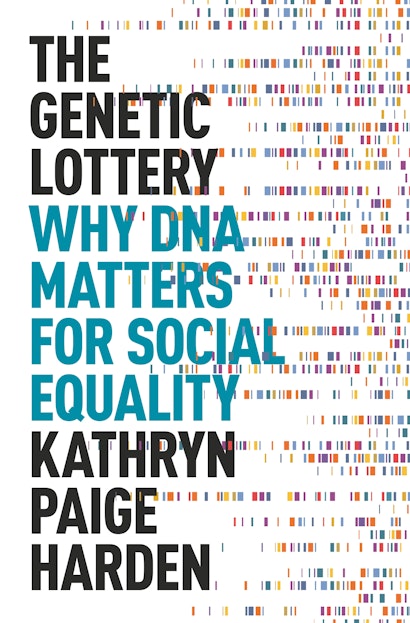For several years now, scientists have shown that DNA makes us different in ways that matter: for our personalities, our health, and our educational and economic success. Presenting the research that led to her book The Genetic Lottery, Kathryn Paige Harden introduces readers to the latest genetic science, dismantling dangerous ideas about racial superiority and challenging us to grapple with what equality really means in a world where people are born different. Weaving together personal stories with scientific evidence, Harden shows why our refusal to recognize the power of DNA perpetuates the myth of meritocracy, and argues that we must acknowledge the role of genetic luck if we are ever to create a fair society.
Kathryn Paige Harden is a tenured professor in the Department of Psychology at UT Austin, where she leads the Developmental Behavior Genetics lab and co-directs the Texas Twin Project. She is the author of The Genetic Lottery: Why DNA Matters for Social Equality which provides a provocative and timely case for how the science of genetics can help create a more just and equal society. You can read a New Yorker profile of her here, and follow her on Twitter at @kph3k.
Children and young people’s mental health is an area of considerable societal need and has been the focus of a number of recent research council and charity funding initiatives. It is also one of the UCL Mental Health Research Strategy priority areas. UCL has substantial research strengths, across multiple domains, that can and should be at the forefront of leading innovative, cross-disciplinary work in this area.
The UCL Catalyst seminar series is intended to spark fresh thinking and debate, featuring cutting-edge UCL research relevant for children and young people’s mental health and facilitating new connections between scientists working in different disciplines.
